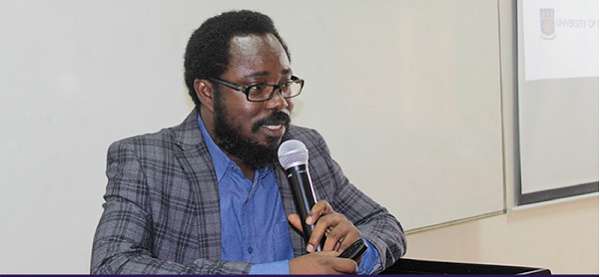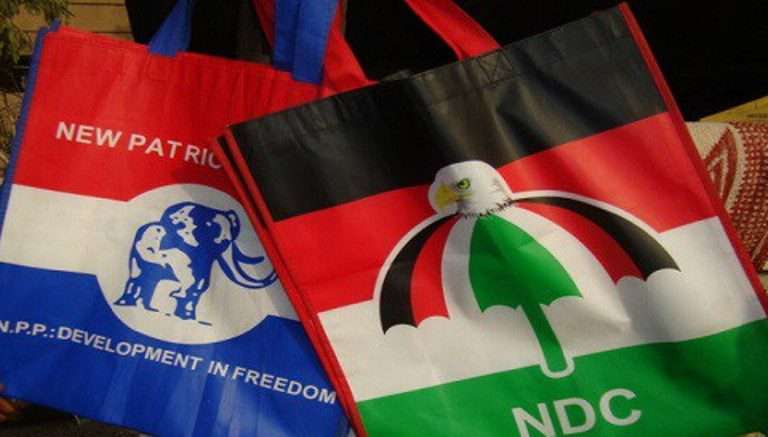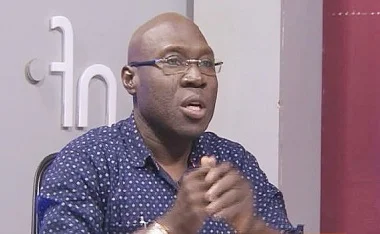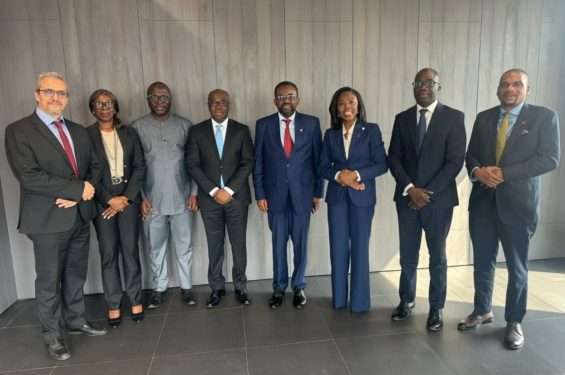Political Marketing Strategist, Professor Kobby Mensah, has warned that the delayed release of policy documents by the NDC and NPP may convey a perception of lack of seriousness, echoing concerns raised by Alan Kyerematen, leader of the MFC.
However, Kobby Mensah observed that consistent with Ghana’s political tradition, the NDC and NPP typically release their manifestos and policy documents in the months leading up to the election, usually between August and September, despite there being no legal requirement to do so.
Mensah’s remarks come on the heels of Alan Kyerematen’s call to action, urging the NDC and NPP to put their money where their mouth is and release their policy documents, just as he has done, if they genuinely care about addressing the pressing issues facing Ghanaians.
“But clearly, he [Alan Kyerematen] is throwing out the challenge and I agree with him having said they [NPP and NDC] have been in government for so many years. They’ve been running this country for so many years [and] it shouldn’t take them long to actually come up with a policy document that we all can access. And perhaps evaluate them on getting into the elections”.
Professor Kobby Mensah
Furthermore, Mensah emphasized that political party manifestos are structurally essential, as no party globally can effectively govern without them, highlighting their significance in shaping a party’s agenda and policies.
He pointed out that manifestos provide a benchmark for the public to hold politicians accountable for their past statements and promises, enabling citizens to evaluate whether they have fulfilled their commitments and delivered on their pledges.
He acknowledged that while manifestos are vital documents for elections, they often have limitations, as they frequently contain mere rhetoric and promises that may not necessarily be fulfilled, rendering them more symbolic than substantive.
“They are not extensive enough and, to be honest, I loved the presentation Alan was showing”. – Prof. Kobby Mensah
He observed that Alan Kyerematen’s manifesto stands out for its unusual level of detail and specificity, unlike typical manifestos in Ghana, which tend to be vague and lacking in concrete plans and guidelines.
The Shift From Rhetoric To Actionable Policies
Moreover, Professor Kobby Mensah emphasized the need for a paradigm shift in Ghana’s political landscape, urging political parties to move beyond vague, general promises and instead engage citizens with more specific, detailed, and actionable policy commitments.

He called on political parties to provide more comprehensive and detailed policy plans, enabling the public to assess their feasibility and hold them accountable for their implementation, thereby increasing transparency and accountability in governance.
“Well, thanks to social media, we have been holding politicians to account. In the past when it was only traditional media…we couldn’t actually access them, archive them, and be able to tell them ‘you have done this or not’. Because of the emergence of social media, we have these archives that we can lay claim to and we can challenge them by what they have done or what they haven’t done.
Professor Kobby Mensah
As such, he emphasized that political parties must adapt to a new era of transparency and accountability, where they can no longer make empty promises without consequences, as the public will now hold them to their words and demand tangible results, no longer tolerating broken promises and unfulfilled commitments.
Kobby Mensah also observed that many political parties and politicians are now facing challenges due to their unfulfilled promises and broken commitments, which have led to a credibility crisis, making it difficult for them to convince the public of their sincerity and trustworthiness.
He declared that the present political landscape serves as a stark reminder to political parties that the public is now insisting on greater accountability and tangible results, signaling a shift away from mere rhetoric and towards a more performance-driven approach to governance.
“So you need to give us more than your rhetorics that you’ve been giving us in the past”. – Prof. Kobby Mensah
READ ALSO: UN-Backed Kenyan Police Arrive in Haiti Amid Escalating Gang Violence





















